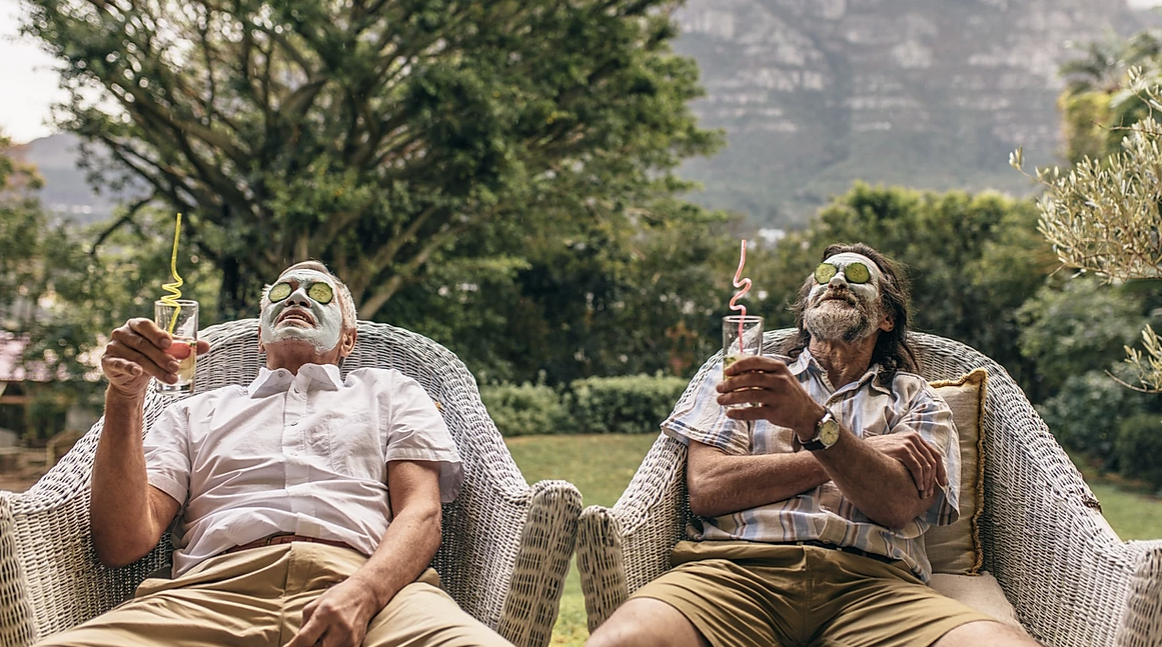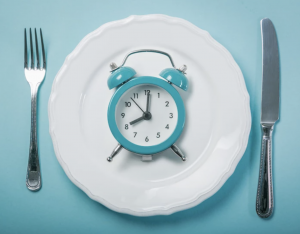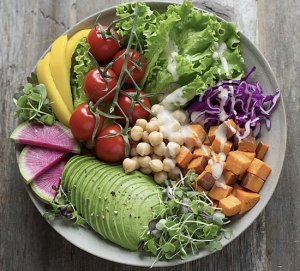
Kapuhala Aims to Be a Blue Zone. Do You Want to Know How?
We often hear the saying, “Age is just a number”. But is it really?
Ageing is inevitable. It is a natural biological process. Currently, even if one engages in aesthetic related surgeries, dietary supplements and other regimens, there is no absolute way to decelerate the process of ageing. It happens to all of us. In spite of this, however, there is still room for control. In fact, research suggests only 25% of how long we live is determined by our genes, the other 75% is dictated by lifestyle choices.
I recently considered the book, The Blue Zones by Dan Buettner. “Blue zones” according to Buettner are regions of the world where people live far longer than on average. These communities have a disproportionally high number of centenarians when compared to other parts of the world. Buettner identifies five regions as blue zones: Icaria, Greece; Nicoya, Costa Rica; Okinawa, Japan; Sardinia, Italy; and the Seventh-day Adventists in Loma Linda, California. Drawing from his research, Buettner identifies key determinants to maximize longevity. His work hits home at Kapuhala. We aim to cultivate our community and become a blue zone that focuses on improving the lives of our members.
Below are some of the take-home lessons that Buettner asserts contribute to a longer and healthier life.
1. Eat Whole Plant-Based Food – According to research, people living in blue zones traditionally
eat plant-based food and drink plenty of water. Diet, as part of one’s overall lifestyle, is the most critical sphere in which we have considerable choice and autonomy. It has a huge impact on the ageing process. In order to slow down the ageing process: drink more water, and ditch the sugars and unhealthy foods. Dietary regimens in blue zone regions are usually rich in the following foods: vegetables, legumes, whole grains, and nuts— all of which help reduce the risk of death. Our restaurant Halapua in Koh Samui, Thailand is a completely vegan and only serves plant-based cuisine.
2. 80% Rule – A universal characteristic among blue zone communities is the social practice of fasting or reducing calorie intake. For instance, in the studies of the Okinawans before the 1960s, many were in a calorie deficit. That is to say, they were eating fewer calories than the daily quota, which may have contributed to their longevity. They follow the 80% rule or what they call ‘Hara hachi bu,’ which means that they stop eating when they feel 80% full. This mindset prevents them from eating too many calories, which can lead to weight gain and other weight-related diseases.
3. Fast – Periodic fasting is shown to be beneficial to health. One study shows that religious holidays that involve fasting contributed overall to a reduction in lower blood cholesterol and lower body mass index. This helps to reduce weight, blood pressure, cholesterol and other risk factors for chronic heart disease in humans.

4. Drink in moderation – Drinking in moderation isn’t a bad thing; of course, drinking to excess is. Several studies have shown that drinking one to two alcoholic drinks per day can significantly reduce mortality, particularly from heart disease. The benefits of alcohol, however, varies depending on which alcohol you consume. Red wine may be the best alcohol as it contains relatively higher levels of antioxidants from grapes. Antioxidants help prevent damage to DNA that contributes to ageing.
5. Move – Mobility and exercise is a foundational aspect of keeping ageing at bay. People in blue zone regions don’t actively seek out gym or fitness studios in order to keep fit. Rather, fitness is built into their lives by daily chores and ordinary tasks. Many studies have shown the overall benefits of exercise in reducing the risk of cancer, heart disease and sudden death.
6. Quality Sleep – Getting adequate rest and a good night’s sleep is important for living a long and healthy life. People in blue zone communities sleep as and when their bodies tell them to. This may be more challenging in industrialized societies; however, quality sleep helps reset our brain and body. It’s a mood and cognitive regulator—setting us right for the day ahead.
7. A Sense of Purpose and Meaning- Other blue zones characteristics are being religious or spiritual and having a healthy social network. Most importantly, having a life purpose, that is feeling that one is making some sort of contribution has a large role in having a well-balanced, happy and long life.
There’s much to learn from blue zone communities. It gives us pause and dares us to question our lifestyle choices.



